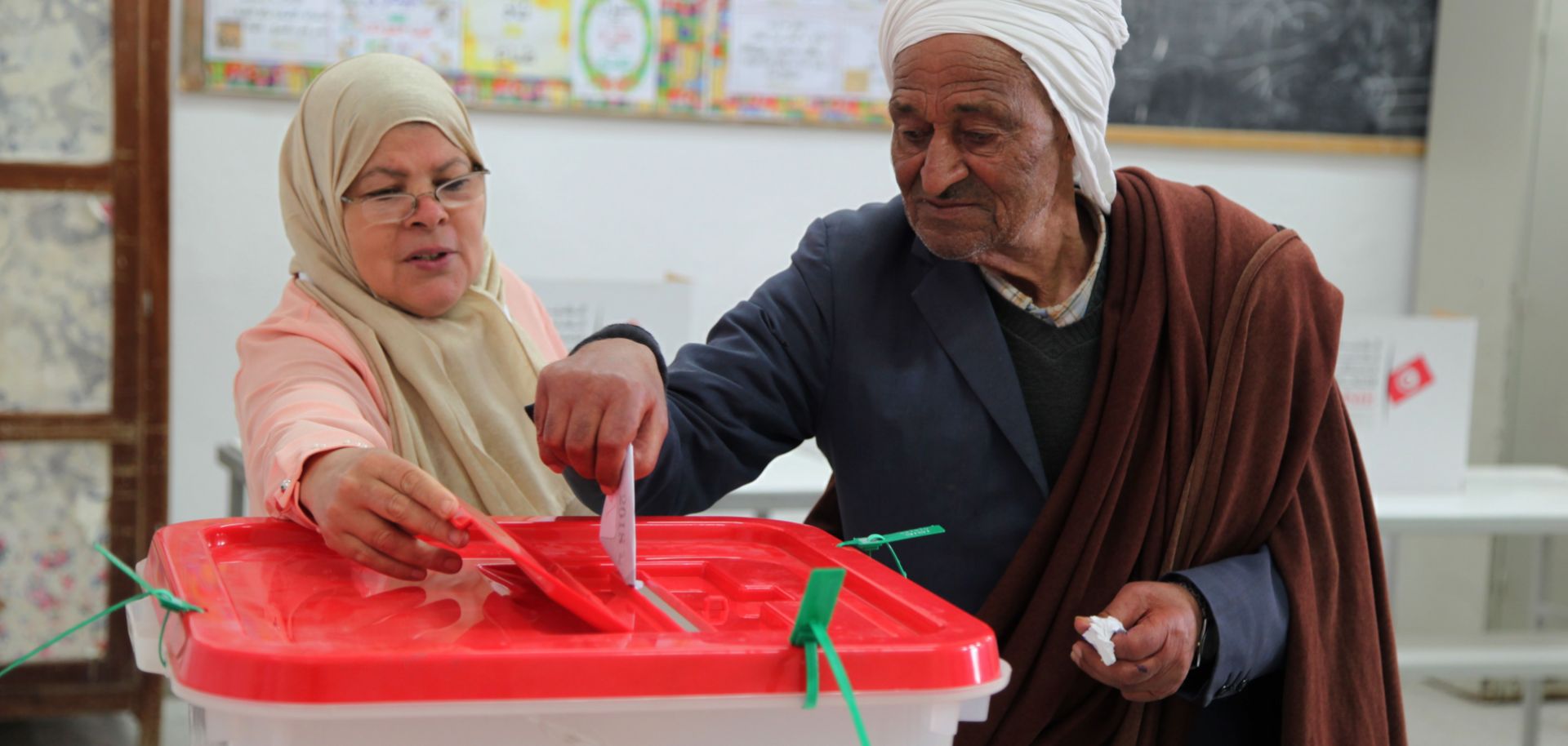Tunisia kicked off the events that eventually became known as the Arab Spring in 2011, when protests in the country resulted in the overthrow of its government. Since then, Tunisia has successfully rewritten its constitution and implemented a civilian-led government that includes both Islamist and secular parties. On May 6, Tunisians went to the polls for their third successful democratic elections. The first two, in 2011 and 2014, were parliamentary votes, and this latest election is for local officials, who will be given power through new legislation.
Despite its successes, the Tunisian government remains highly centralized, and the country continues to struggle with corruption and economic and security problems. But its ability to hold elections at multiple levels of government without coups, major unrest or a loss of government legitimacy is significant. And the May 6 vote marks a major step toward the decentralization of government powers.
Tunisia's successes provide a road map that other countries in the region could potentially follow, though not anytime soon. But for now, the country is one-of-a-kind.




